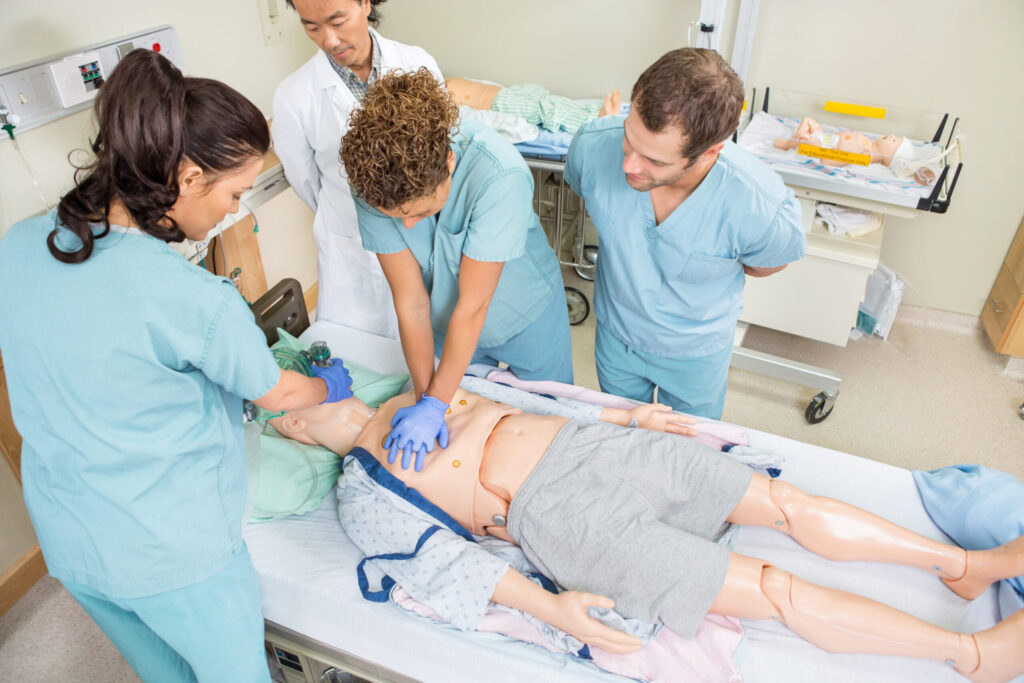A Community of Leaders for a Healthier Tomorrow
The healthcare industry is facing a workforce crisis. Every day, 10,000 Baby Boomers become eligible for Medicare, and demand for healthcare professionals is outpacing the pipeline. The Bureau of Labor Statistics projects 203,000 RN openings each year nationally, while the Indiana Hospital Association estimates around 4,000 RN vacancies already exist in the state today. As a result, the number of healthcare workers will need to increase dramatically to meet demand in the coming years. With our proven track record for innovation and producing first-choice graduates, the College of Pharmacy and Health Sciences (COPHS) is uniquely positioned to respond to these demands.
In anticipation of this changing landscape, COPHS has undertaken a comprehensive review of healthcare professions with the intention to grow and diversify the College’s portfolio of academic programs and partnerships in order to meet workforce demands and prepare the next generation of healthcare leaders. This review is consistent with and driven by the University’s strategic priorities, the growth opportunities available in health professions education, and the University’s mission to boldly innovate, broadly educate, and enrich communities.
This confluence of strategy and opportunity provides a basis to re-envision and expand the focus of the College and build upon the historic strengths of our Pharmacy and PA programs. To reflect these changes, as of June 1, 2026, the College of Pharmacy and Health Sciences will become the College of Health Professions. The next iteration of our College is future-focused and community-minded, using innovation, technology, and expanded and reimagined partnerships to advance our mission beyond our current approach of preparing highly skilled and sought-after graduates.
Our vision is to build a community of next-generation healthcare leaders to overcome tomorrow’s challenges.
The first step in achieving this comprehensive vision for an expansion in Butler’s Health Professions programs and accompanying community health enrichment effort is establishing the needed space on campus to focus and grow these initiatives. This requires a renovation and expansion of our facilities to accommodate new programs, technology, and partnerships.


